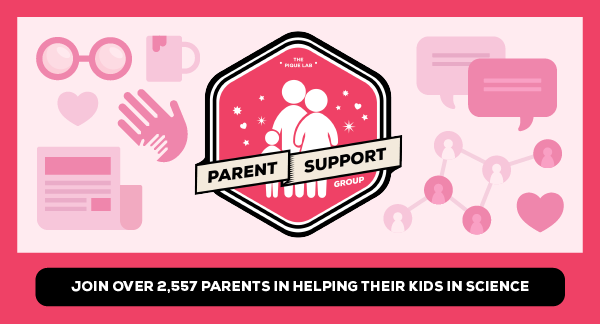Read Also
- Four Activities To Make Your Child Smarter & Wiser
- Link Back Method: What Your Child Needs To Know
- The Secret Guide To Coaxing Your Child To Do Their Homework
- Discover The Secret to Making Your Child Happy
- Seven Reasons Why CCAs Are Essential To Your Child’s Well-being
- Should Parents Place A Huge Emphasis On Their Children’s Academics?
Although all parents will always try to act in their child’s best interest, many often act without realising the impact they are creating on their child’s growth. To prevent your child from having low self-esteem, pay attention to the mistakes below, which many parents are guilty of committing.
Tip #1: Do not get impatient with your child
Understandably, many parents will get impatient with their child at some point. However, it is important to not get impatient when it comes to your child’s learning and understanding abilities. When tutoring your child or addressing your child’s queries about school or just general knowledge, it is important to answer their queries thoroughly and patiently. When faced with a hostile and impatient reaction, your child may associate his or her curiosity with negativity, which greatly inhibits his or her confidence in asking questions. This may prevents your child from learning from his or her mistakes. Furthermore, your impatience with your child’s lack of ability to learn quickly and comprehensively sends a negative message to your child; that he or she is not smart enough. Such thoughts may manifest themselves into more confidence issues and even self-fulfilling prophecies.
Tip #2: Do not compare your child with other kids
Most parents are definitely guilty of this. A common topic between most working adults in their workplace or between relatives at a family gathering is the comparison of their child’s performance in school.
“Why are you not doing as well as Aunty Pamela’s daughter? She is getting 90 marks for all her papers but you are only getting 80!”
While you are trying to assess the competition and your child’s standing with the rest of Singapore, it is important to note that such comparisons are harmful and inaccurate. Often, comparisons are made between individuals of different schools and different levels, where the marking style of the teachers and difficulty of the exam papers greatly differ from one another. To judge your child’s performance based on such unequal scales may inevitably make your child feel inadequate when he or she does not “perform as well” as his or her peers. Also, parents do need to realize that each child develops intellectually at different rates, where some are early-bloomers while some gain momentum late. These unfair comparisons may discourage your child from excelling and may even convince your child that you favour his or her smarter peers.
Tip #3: Do not look down on your child’s abilities
While this is a given, many parents do not realise that they are in fact guilty of this. Saying “Aiya, my son is not as smart as you think.” in front of your child or answering to your child’s request for rewards with “You think you can score A meh?” shows your child that you do not believe in his or her abilities, even if you may not mean it. Although it may appear trivial to you, these comments can continue to linger in the mind of your child, hurting his or her self-esteem and drive to succeed. Therefore, catch yourself before you try to appear “humble” before your friends and avoid doubting what your child can be capable of. (Of course, this does not mean that you should not give your child constructive criticism as that is important as well. Remember, it is how you choose to put things across.)
Tip #4: Do not keep asking for more when your child’s performance is already stellar
“Mummy, I scored 97 Marks for my Maths exam paper! I scored the highest in class.” “Ok, next time score higher.” Most Singaporean parents need to learn one important lesson. Compliment your child! Often, parents are not used to complimenting their child and resort to neutral comments that are unappreciative or comments that signal to their child that their achievements will never be enough. As extreme as it sounds, you may be developing your child into an individual who will never be adequate in his or her own eyes. Instead of always asking for perfection, be contented with your child’s superb performance and show appreciation.
Tip #5: Do not give up on your child
I really cannot stress this enough. Giving up on your child is one of the worst things a parent can do. Avoid stomping away or yelling the words “I give up!” as you will be indirectly telling your child that he or she is not worthy of your attention and patience.
Finally…
There is a great difference between constructive criticism and acts that can potentially harm your child’s self-esteem. While it is important to avoid making your child feel inadequate, it is necessary to provide constructive criticism to aid your child in learning from his or her mistakes and improving him or herself. Think through before criticising and watch your tone. The difference in tone with the same sentence can send different messages.








